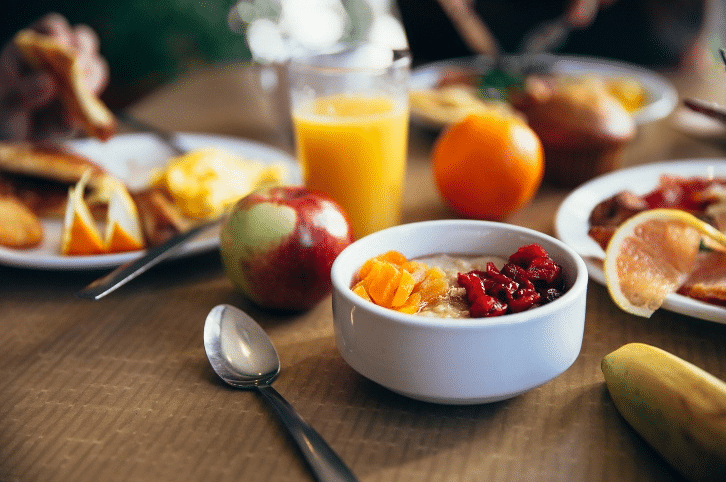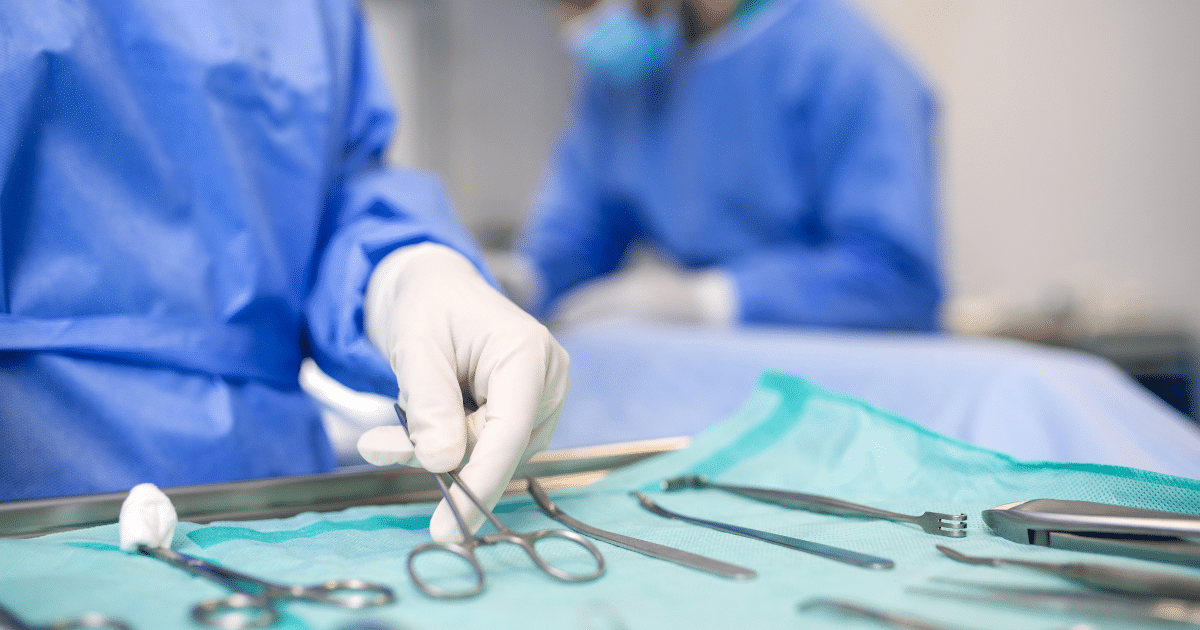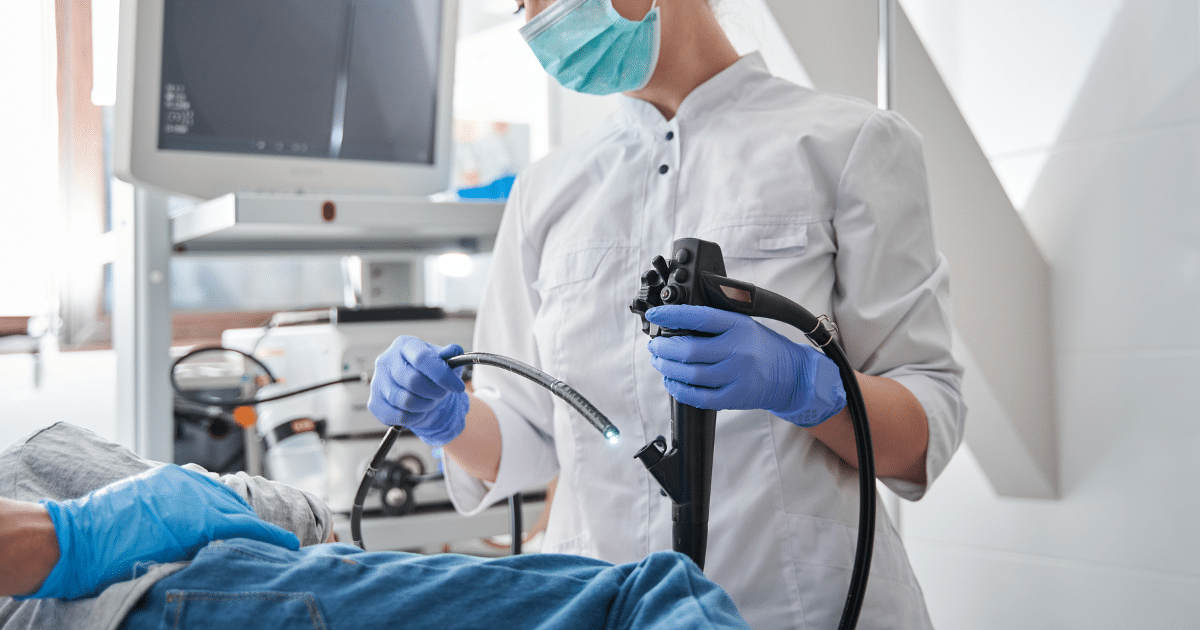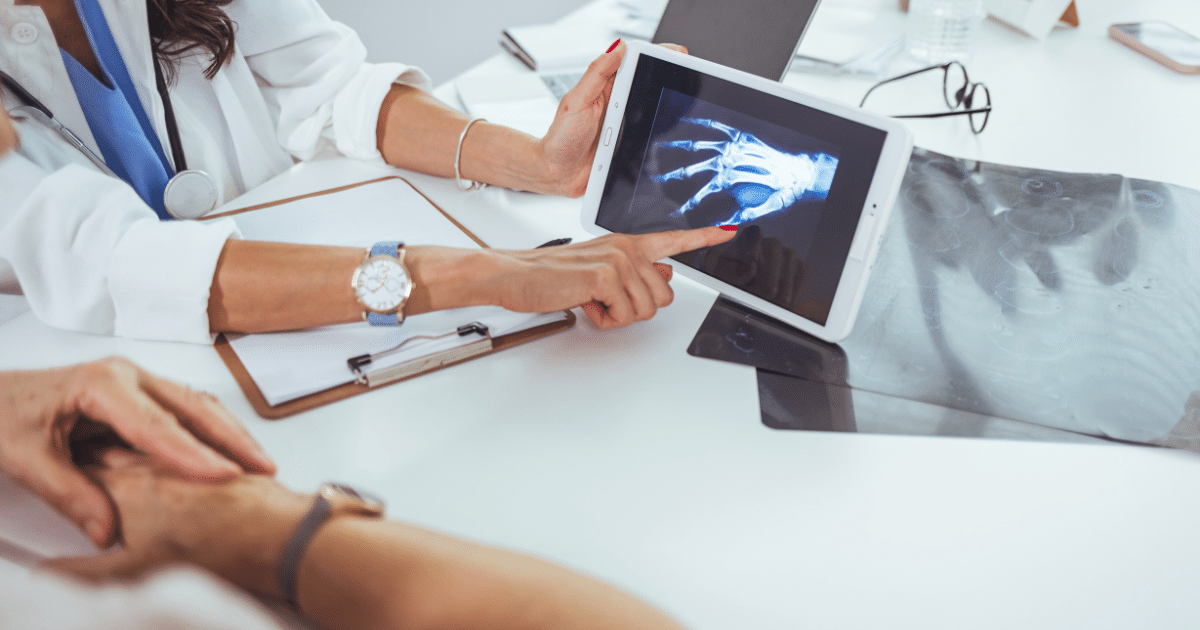Did you know that diabetes and kidney disease are often connected? In fact, 1 in 3 people in the U.S. living with diabetes is also diagnosed with kidney disease. Diabetes is considered one of the biggest factors for increasing your risk of developing kidney disease. Over time, high blood sugar can damage the blood vessels in the kidneys. As a result, kidneys can become damaged and not perform necessary bodily functions as efficiently. Your kidneys remove wastes and excess fluids from your body; when they become damaged, these wastes can accumulate and eventually harm other organs in your body. This is also known as Diabetic Kidney Disease (DKD).
Like many conditions, early detection is important for slowing or stopping diabetic kidney disease. Typically, patients with diabetes who develop kidney disease do not feel its onset. The only way to determine if you have diabetic kidney disease is to be tested for it by your healthcare provider. Tests for diabetic kidney disease include blood tests, urine test and kidney biopsy.
If you are living with chronic kidney disease and diabetes, eating well-for both conditions may be a challenge, as each condition has recommended foods to limit. However, in general, you should avoid the following 7 foods to minimize the risk of any complications.
1. Foods with High Sodium
Sodium is a mineral that controls fluid balance and maintains proper blood pressure and volume. The main source of sodium in your diet is from table salt. While sodium is an essential mineral, consuming too much of it can lead to an excess of fluids to accumulate in your body, which is also known as edema. It’s important to monitor your food labels when trying to decrease your sodium intake. Food products with more than 400 mg of sodium are considered to be high in sodium.
Instead of eating canned veggies, opt for fresh. Even though vegetables are a healthy option, the excess sodium found in canned vegetables is not. If you are going the canned route, make sure to drain and rinse the vegetables to remove unnecessary sodium.
2. Too Much Protein
Eating healthy protein is an important part of your diet. Healthy proteins include meat, fish, chicken, eggs and milk. There are also healthy plant sources of protein including beans, lentils, nuts and seeds. While consuming lean, healthy proteins are key to proper nutrition, it’s important to not consume protein-rich foods in excess as this can be an added burden on the kidneys. Consuming too much protein can cause your body to excrete it through urine; high levels of protein found in the urine can actually contribute to a faster decrease in kidney function. Consult with your healthcare provider to determine how much protein you should be consuming and what from what sources.
3. Certain Herbal Supplements and Vitamins
It’s important to consult with your doctor before taking any supplements, especially if you are living with chronic disease. Surprising to most, it is not recommended to take some types of herbal supplements and vitamins if you’re living with diabetic kidney disease. Certain herbal supplements and vitamins can actually cause further damage to your kidneys. Herbal supplements that your healthcare provider may recommend avoiding include parsley root, astragalus, creatine, licorice root and stinging nettle, but there are many more. Vitamins to limit with DKD include vitamins A, E and K, as these vitamins may accumulate and damage the kidneys.
4. Potassium
Potassium is an essential mineral that plays many critical roles in your body, such as regulating fluid balance, muscle contractions and can even protect you against developing certain conditions, such as stroke or high blood pressure. There are many healthy foods that contain potassium, such as oranges, bananas, coconut milk/water, dried fruit, potatoes, greens and artichokes. Healthy kidneys help regulate the potassium in your body; however, if your kidneys are not properly functioning, potassium levels can increase. It’s important to consume the right amount of potassium for your body to avoid further damage to your kidneys.
5. Phosphorous
Phosphorous is a critical mineral that helps form your body’s bones and teeth. In addition, it also helps the body make proteins for growth and repair of cells and tissues. Healthy foods that contain phosphorus include yogurt and milk products, animal proteins, dried beans, legumes, and nuts. However, like the other foods and minerals on this list, it can be harmful if consumed in excess. Tracking how much phosphorus is in a product can be tricky, as it is not always listed in the section of percent daily values. If phosphorus is not listed, it does not mean that it isn’t in that food, but if it is, you can use it to help with your diet. Ask your dietitian about your phosphorus needs as some foods with higher levels may be on your plan if they’re also good sources of protein.
6. Trans Fat
In general, you should try to limit trans fat (or the “bad fats”) from your diet. Trans fat, in particular, is harmful to people living with DKD because it can increase the risk of clogged blood vessels and heart disease. While healthy fats, such as those found in salmon, avocado, olive oil and nuts, are necessary, trans fat is not and is only harmful. Avoid foods that contain trans fats, such as fried foods, pie crusts, crackers, frozen pizza, margarine and cakes.
7. Limit Alcohol
If you are living with chronic kidney disease, it is recommended to limit your alcohol intake to the recommended amount per day. The U.S. Dietary Guidelines for Americans states that moderate drinking for women who are age 21 and older is one drink per day and up to two drinks per day for men. One alcoholic drink is equal to 12 ounces of beer, 5 ounces of wine and 1.5 ounces of liquor. Consuming alcohol has a number of negative effects on the kidneys, such as making them not able to efficiently filter blood and not regulating the right amount of water in your blood. In addition, the dehydration that is a result of excessive drinking can decrease the function of your kidneys.
Safe Foods to Eat with Chronic Kidney Disease
If you’re someone living with diabetic kidney disease, there are many healthy dietary options for you, it may just take some planning and education in the beginning.
The Centers for Disease Control state that DKD-safe food options include:
- – Fruits including berries, cherries, grapes and plums
- – Veggies including cauliflower, onions, turnips and eggplant
- – Lean proteins, eggs and seafood low in sodium
- – Carbs including white bread, unsalted crackers, pasta and bagels
- – Water, teas and diet sodas that do not contain sugar
It’s important to know that your diet may be more or less restricted depending on the stage of DKD you’re in. Before starting any new diet, it’s important to consult with your healthcare provider first.
At PACT, our doctors and specialists are dedicated to delivering high-quality patient-centered care. If you or a loved are searching for a primary care provider, click here to search PACT’s list of Connecticut based, board-certified doctors near you.
Looking For a Kidney Doctor (Nephrologist) in Connecticut?
PACT Kidney Center is Accepting New Patients! Locations throughout Connecticut in Branford, Fairfield, North Haven and Orange.
To schedule an appointment, request an appointment online here or call a local center near you.








